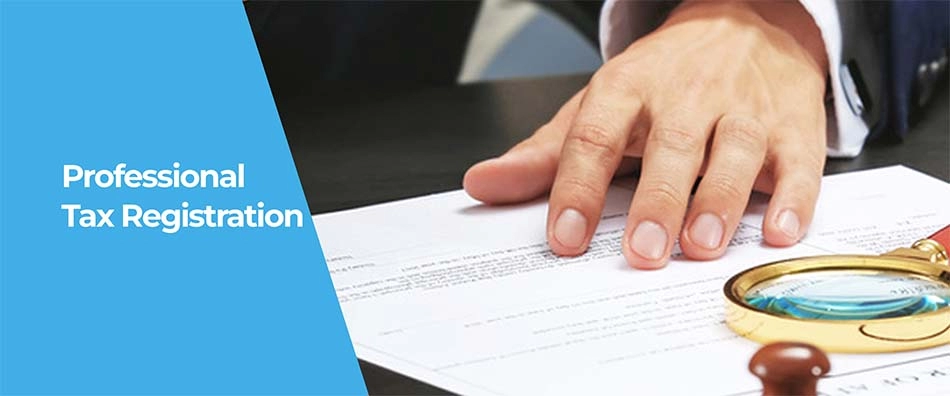Professional Tax Registration
What Is Professional Tax Registration?
Professional Tax (PT) is a state-imposed tax on income earned by professionals, employees, traders, and businesses. It is governed by the respective state governments and varies across states in India. Employers deduct professional tax from employees' salaries and remit it to the state government. Businesses, professionals, and self-employed individuals are also required to pay professional tax.
Professional Tax Registration ensures compliance with state laws, avoiding penalties for non-payment or delayed payments.
Types of Professional Tax Registration
- Employer Registration: Businesses or organizations employing staff must register to deduct and remit PT on behalf of employees.
- Individual Registration: Self-employed professionals, such as doctors, lawyers, and freelancers, must register and pay PT directly.
Significance of Professional Tax Registration
- Legal Compliance: Mandatory in states where professional tax is applicable, ensuring adherence to state tax laws.
- Avoidance of Penalties: Timely registration and payment prevent fines and legal issues.
- Employee Satisfaction: Ensures compliance in payroll management, boosting trust and transparency.
- Supports State Development: Revenue collected as professional tax is used for state welfare and development projects.
- Business Credibility: Demonstrates a business’s commitment to statutory compliance.
Documents Required for Professional Tax Registration
-
For Employers:
- Business registration certificate (GST, incorporation, or partnership deed).
- PAN card of the business and authorized signatory.
- Address proof of the establishment (utility bill, rent agreement, etc.).
- List of employees and their salary details.
- Bank account details.
-
For Individuals:
- PAN card and Aadhaar card.
- Address proof of residence and workplace.
- Certificate of profession or business registration.
- Bank account details.
Process of Professional Tax Registration
- Application Submission: Apply on the respective state’s tax department portal.
- Document Upload: Submit the required documents for verification.
- Fee Payment: Pay the applicable registration fee, if any.
- Verification: Authorities review the application and documents.
- Certificate Issuance: Upon approval, receive the Professional Tax Registration Certificate.
Eligibility for Professional Tax Registration
- Employers: Businesses or establishments employing staff in states where PT is applicable.
- Individuals: Self-employed professionals earning an income from their profession or trade.
- Criteria: Eligibility varies by state, depending on income thresholds and professions covered.
Cost of Professional Tax Registration
- Registration Fees: Varies by state; some states may not charge any registration fee.
- Professional Tax Amount: Depends on the income slab, ranging from ₹200 to ₹2,500 annually.
- Service Charges: Consultancy services may charge a nominal fee for assistance.
How to Check Professional Tax Registration Status?
- Visit the state tax department portal.
- Log in with your credentials or application reference number.
- Navigate to the "Application Status" section.
- Enter your acknowledgment or reference number to check the status.
Why Choose My Startup Solution for Professional Tax Registration?
- Expert Assistance: Experienced professionals ensure accurate and hassle-free registration.
- State-Specific Knowledge: Familiarity with PT laws across different states in India.
- Timely Services: Swift processing to avoid delays and penalties.
- Affordable Pricing: Transparent and cost-effective services with no hidden charges.
- Comprehensive Support: From documentation to compliance, we handle everything.
- Ongoing Guidance: Post-registration support for tax payment and compliance.
Why Professional Tax Registration Is Important?
- Mandatory Compliance: Avoids penalties and legal complications for non-registration.
- Smooth Payroll Management: Ensures timely deduction and remittance of PT for employees.
- Supports State Revenue: Contributes to state development and welfare programs.
- Builds Credibility: Demonstrates commitment to statutory compliance, enhancing reputation.
- Legal Protection: Safeguards businesses and professionals from non-compliance actions.







